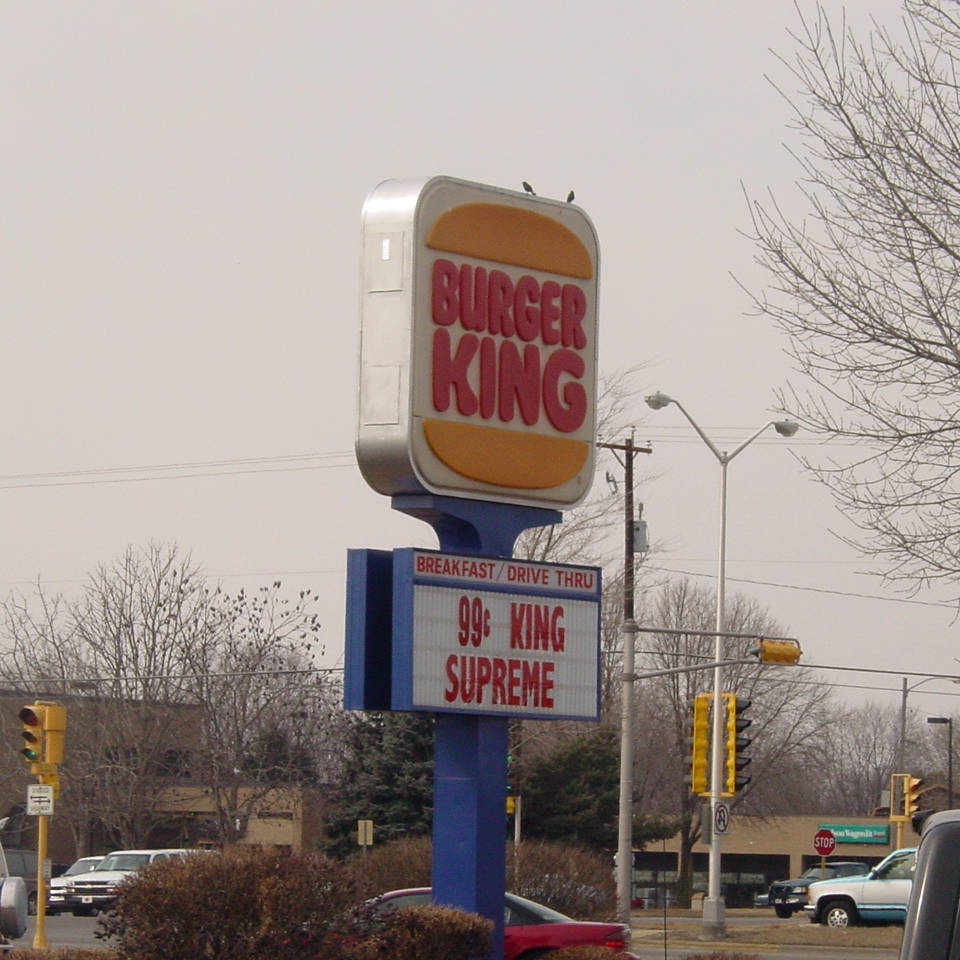22 States Hiked Minimum Wage This Year
But not Wisconsin, where it's $7.25 versus $12-$14 in many states. What’s the impact?
Low-paid workers across the country are getting raises because 22 states increased their minimum wages on January 1 or near the end of last year. Those raises will lift workers out of poverty, help struggling families make ends meet, and make it easier for workers to achieve financial security. A minimum wage increase gives a particular boost to workers of color, for whom a long history of wage discrimination has depressed wages.
Unfortunately, Wisconsin workers won’t get any of those benefits, as Wisconsin wasn’t among the states that increased their minimum wages. Wisconsin’s minimum wage is still stuck at $7.25, far below the $12 to $14 that some states now set as the minimum. Wisconsin’s minimum wage was last raised in 2009 – over a decade ago – and has lost about 16 percent of its purchasing power since then. That’s a difference of roughly $2,400 per year.
The minimum wage increase in other states will lift the earnings of a significant chunk of the workforce and put millions more in wages into workers’ pockets. Across the country, nearly 7 million workers will directly benefit from the wage increases, with a $8.2 billion increase in total annual wages in 2020. Depending on the increase in their state, affected workers will see their annual paychecks increase by between $150 to $1,700 – enough to buy a few bags of groceries, pay for a car repair, or catch up on back rent.
The large number and variety of states with increases in the minimum wage shows that this issue cuts across partisan lines. Several thoroughly “red” states that have legislatures and governor’s seats controlled by Republicans upped their minimum wage at the beginning of this year, including:
- Arizona, where the minimum increased to $12.00,
- South Dakota, where the minimum increased to $9.30; and
- Arkansas, where the minimum increased to $10.00.
In some states, the minimum wage automatically goes up at the beginning of the year because lawmakers have set a process to ensure that the wage floor keeps pace with inflation. In other states, the increases that took place this month are part of increases that are gradually phased in over several years, set in motion either by successful ballot measures or legislation.
In 2019, Governor Tony Evers proposed gradually raising Wisconsin’s minimum wage to $10.50, a move that would have raised the pay of 464,000 workers in the state. More than one quarter (28 percent) of black workers and nearly a third (31 percent) of Latinx workers would have gotten a raise under the governor’s plan. Republican lawmakers killed the proposal, leaving Wisconsin in the shrinking group of states that have not raised their minimum wages in more than a decade.
A higher minimum wage means that workers will be better able to make ends meet and support their families, but the benefits don’t end there. Beyond simply lifting pay, researchers have found that higher minimum wages have led to clear improvements in the welfare of families and communities. Higher minimum wages are tied to variety of positive outcomes like reduced suicide rates, lower rates of smoking, and lower property crime rates. More income in the pockets of workers also translates to additional economic activity as workers spend their raises at local businesses on things like buying school clothes for their children or paying off medical bills. And an enormous body of research examining the real-world effects of minimum wage hikes finds that raising the minimum wage has little, if any, impact on employment levels.
Wisconsin Budget
-
Charting The Racial Disparities In State’s Prisons
 Nov 28th, 2021 by Tamarine Cornelius
Nov 28th, 2021 by Tamarine Cornelius
-
State’s $1 Billion Tax Cut Leaves Out 49% of Taxpayers
 Sep 21st, 2021 by Tamarine Cornelius
Sep 21st, 2021 by Tamarine Cornelius
-
TANF Program Serves a Fraction of Poor Families
 Aug 30th, 2021 by Jon Peacock
Aug 30th, 2021 by Jon Peacock























Governor Ever’s proposal of a $10.50/hour minimum wage is very reasonable, and yet still leaves Wisconsin in a position to attract the entry-level jobs we desperately need. I worry about efforts to raise it higher. In places like Milwaukee and Racine, where skill sets need improvement, our low cost of living is one of our biggest attractions. An unsuitably high minimum wage would choke-off potential new growth in these places.